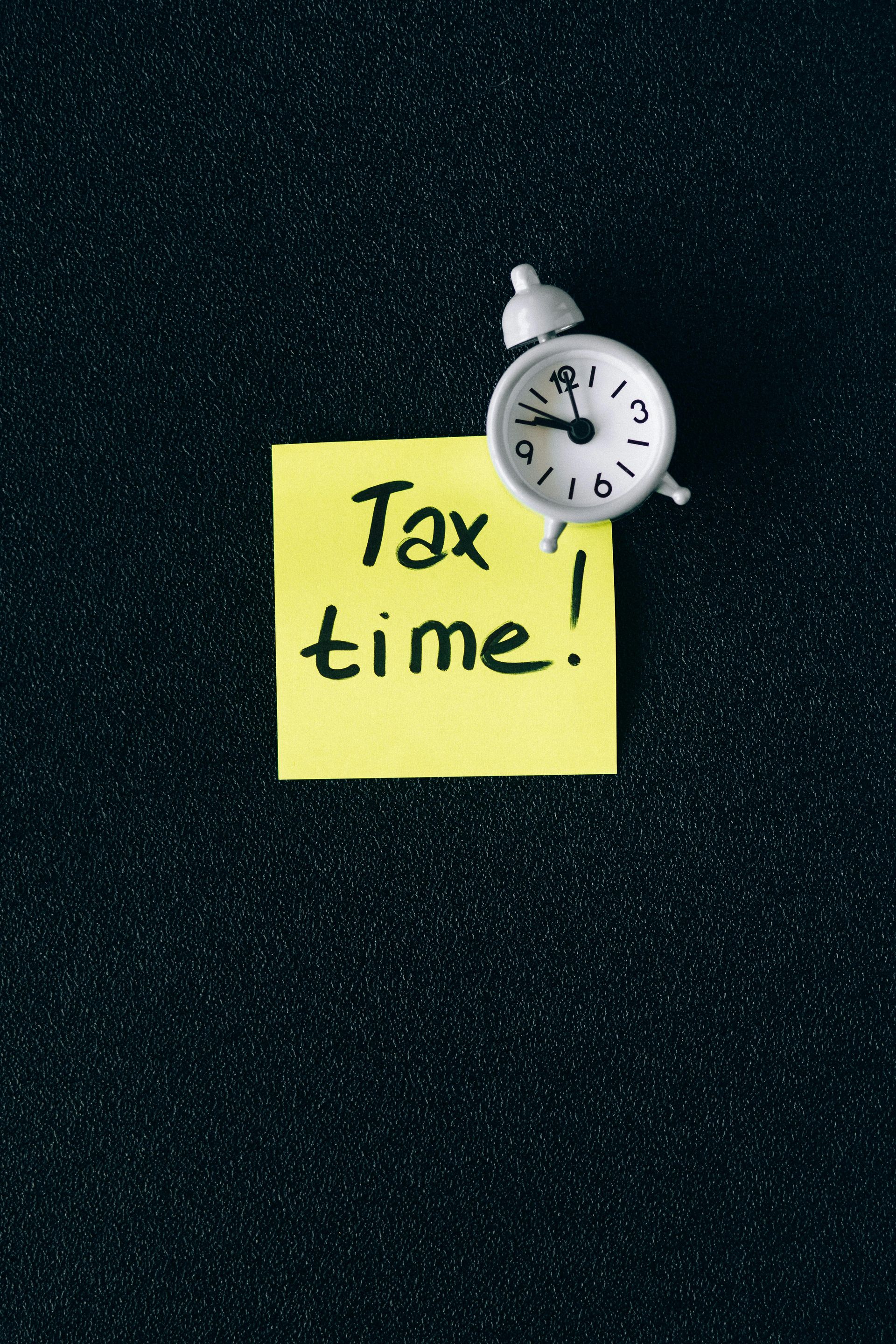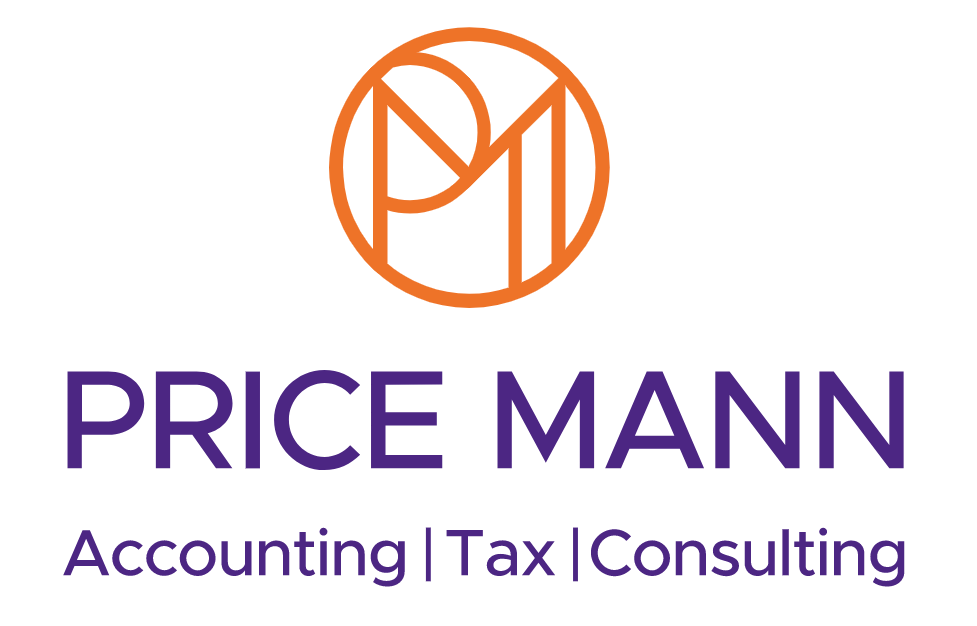Full expensing: the new corporation tax incentive explained
Full expensing: the new corporation tax incentive explained
In his Budget speech in March earlier this year, Chancellor Jeremy Hunt kicked off the Government’s plan for growth with changes to business tax legislation, a key policy being ‘full expensing’.
“It is a corporation tax cut worth an average of £9 billion a year for every year it is in place”, Hunt said. “The Office for Budget Responsibility says it will increase business investment by 3% for every year it is in place”.
But what did the Chancellor mean by ‘full expensing’, and how does the policy work?
What is full expensing?
Under full expensing, companies can claim 100% first-year relief on qualifying new main-rate plant and machinery investments.
“That means every single pound a company invests in new IT equipment, plant or machinery can be deducted in full and immediately from taxable profits”, Hunt said.
The policy replaces the 130% super-deduction that Rishi Sunak unveiled in March 2021 when he was Chancellor, which ended on 31 March 2023.
“If the super deduction was allowed to end without a replacement, we would have fallen down the international league tables for tax competitiveness and damaged growth”, Hunt said during the Budget speech.
The full expensing scheme will last from 1 April 2023 until 31 March 2026, although Hunt added that he wanted to make it permanent “as soon as we can responsibly do so”.
The Government predicts the scheme to cost around £30bn between 2022/23 to 2026/27 and boost business investment by almost 3.5% in the next two fiscal years.
How does full expensing work?
Full expensing is only available under very specific circumstances.
First, it is only available to companies subject to corporation tax. Sole traders and partnerships are excluded, although they are still eligible for the 100% annual investment allowance — which is capped at £1 million per year.
Second, full expensing only applies to certain plant and machinery items, which refers to most capital assets — other than land, structures and buildings — used for business purposes (see below for examples).
Third, plant and machinery must be new and unused to qualify for the policy. It also cannot be a car, given to the company as a gift, or purchased to lease to someone else.
Fourth, expenditure must be within the ‘main rate pool’ of plant and machinery. A list of items that may qualify for full expensing includes:
- machines such as computers, printers, lathes and planers
- office equipment such as desks and chairs
- vehicles such as vans, lorries and tractors (but not cars)
- warehousing equipment such as forklift trucks, pallet trucks, shelving and stackers
- tools such as ladders and drills
- construction equipment such as excavators, compactors, and bulldozers
- some fixtures, such as kitchen and bathroom fittings and fire alarm systems, in the non-residential property.
The other type of plant and machinery — items in the ‘special rate pool’ — do not qualify for full expensing, but they do for a 50% first-year allowance, subject to the same conditions that apply to full expensing. Capital allowances can then be claimed on the remainder of expenditure at a 6% rate in subsequent accounting periods.
This 50% allowance is a holdover from the super-deduction and will last until 2026, like the full expensing scheme.
Example of full expensing and 50% first-year allowance
A company purchases a new production line and various new items of other main rate plant and machinery, incurring £10m. It also spends £2m on a brand-new electrical system, which is a special rate expenditure. Because of the new policies, the company can claim £10m under full expensing and £1m under the 50% first-year allowance in the year it made the purchases. The remaining balance of £1m can then be spread over the next accounting periods with writing down allowances of 6%.
What happens when a company sells an asset?
There are special disposal rules that apply to assets that a company has claimed either full expensing or the 50% first-year allowance on.
For fully expensed assets, the company will have to bring in an immediate balancing charge equal to 100% of the disposal value. This means that if the company sold an asset for £10,000 on which they had claimed full expensing, they would be required to increase their taxable profits by £10,000 rather than deducting the proceeds from the capital allowances pool.
For the disposal of an asset on which a company has claimed the 50% first-year allowance, the company will be required to bring in a balancing charge equal to 50% of the disposal value, with the remaining 50% being deducted from the pool.
In this case, a company selling assets on which they had claimed the 50% first-year allowance for £10,000 would be required to increase their taxable profits by £5,000 and deduct £5,000 from the special rate pool.
What other capital allowances are there?
Businesses can benefit from various other capital allowances, some of which we’ve already touched on.
First, there is the annual investment allowance (AIA), which, like full expensing, allows businesses to write off the full value of an eligible expense in one go. It applies to both main and special rate equipment and is open to sole traders and partnerships on top of companies but is capped at £1m per year.
Therefore, if you’re interested in full expensing but have made purchases below £1m, you’ll actually benefit from the AIA scheme; you’ll benefit more if you’re purchasing special-rate assets or second-hand assets.
Then there is the writing-down allowance. Companies usually use this if their expenditure on qualifying plant and machinery exceeds the annual investment allowance limit to deduct a percentage of an item from their yearly profits. They are also used where the annual allowance does not apply, such as with cars and gifts.
As of 2023/24, 18% of the net value of main rate items can be claimed with writing-down allowances; it’s 6% for special rate expenditure.
Lastly is the first-year allowance, which should not be confused with the 50% first-year allowance. Similar to the AIA, you can use the first-year allowance to claim the full cost of eligible assets in the same accounting period.
Specific types of expenditure include:
- electric cars and cars with zero CO2 emissions
- plant and machinery for gas refuelling stations, such as storage tanks, pumps
- gas, biogas and hydrogen refuelling equipment.
Expenditure claimed with the first-year allowance does not count towards your annual investment allowance, so businesses should make sure to make full use of each scheme available to them.













